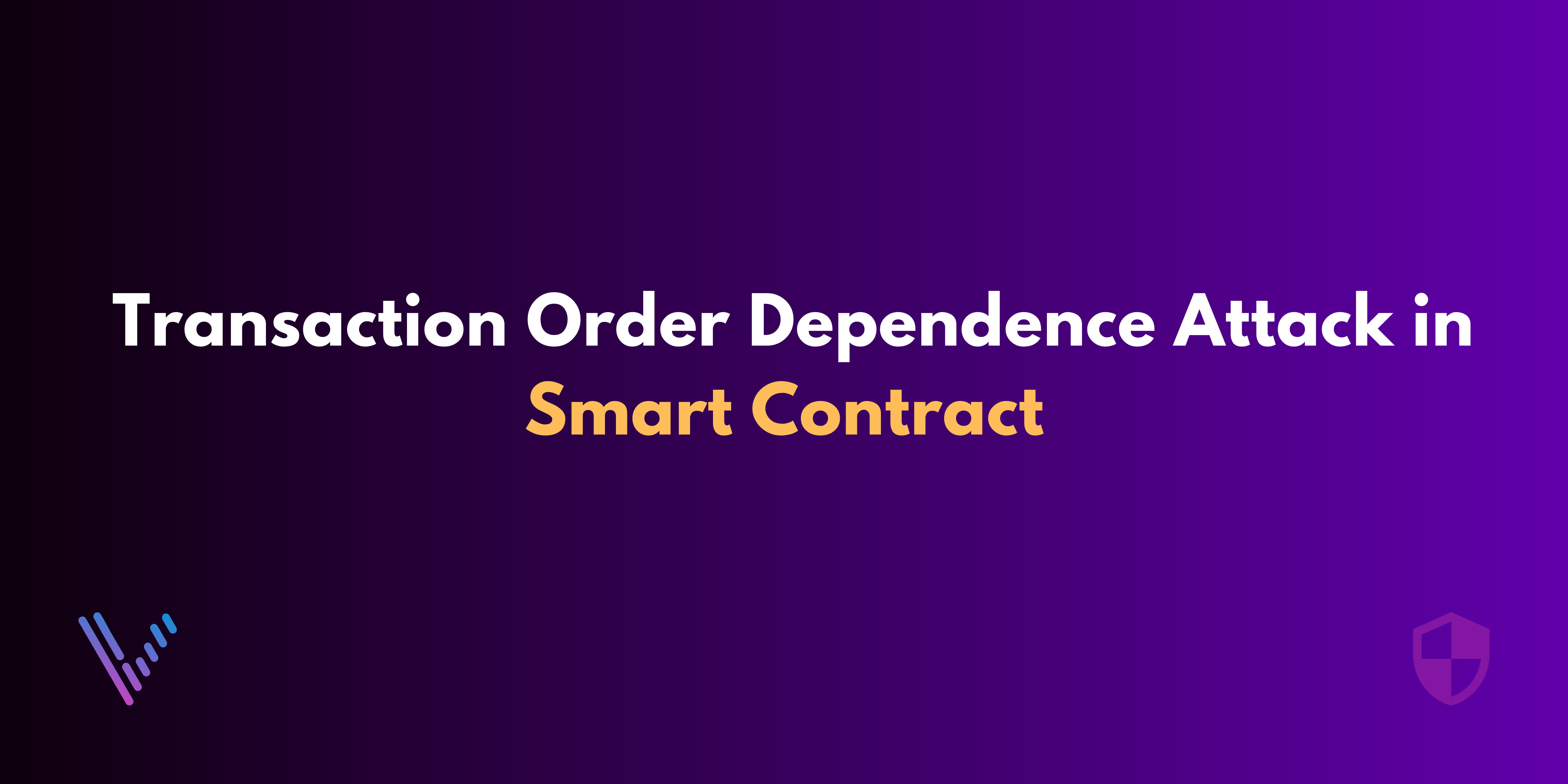💥In the realm of Blockchain technologies, the transaction life cycle is mainly controlled by miners, including the order in which transactions are processed. Consequently, when two users initiate separate transactions at similar times, it is the determination of their gas fees that dictates the priority of execution. This particular paradigm introduces a vulnerability in smart contracts. So , what is a transaction order dependence attack in smart contract?
❗️ The inherent transparency of transaction ordering in decentralized markets can be a double-edged sword. While it offers visibility into the sequence of transactions executed and added to a block, it may raise concerns about privacy and fairness. Imagine a scenario where this vulnerability is applied to the stock market – one could predict who is buying and selling shares even before it occurs!
🧐Furthermore, the protocol of the blockchain network you are operating on can play a crucial role in shaping the market dynamics. For instance, on Ethereum, a potentially malicious miner could exploit this transparency by offering higher gas fees to prioritize their transaction, essentially cutting the line and giving them an unfair advantage.
🔒 If your smart contract relies on the execution of transactions in the order they are received, it becomes imperative to incorporate robust safeguards to thwart any attempts at manipulation by bad actors. By implementing stringent security measures, you can ensure a level playing field for all participants and safeguard the integrity of your decentralized market.


Leave a Reply